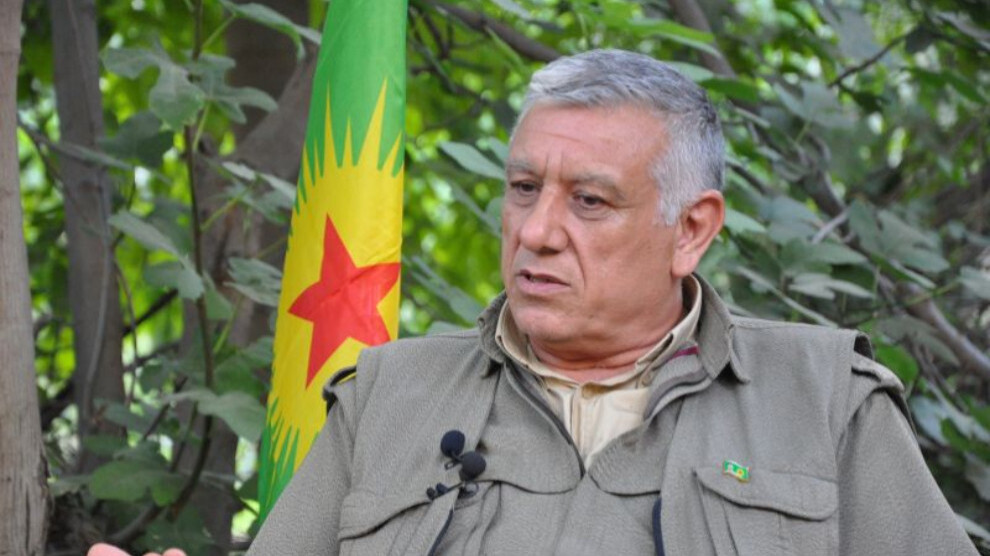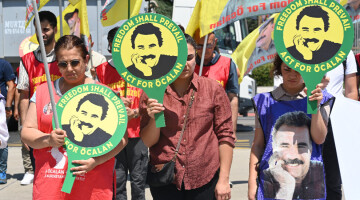Cemil Bayik, Co-President of the Executive Council of the Union of Kurdistan Communities (KCK) called on Europe to side with the Kurds in an article he wrote for the French communist paper L’Humanité.
In the article written to mark the 42nd anniversary of the PKK establishment, Bayik wrote: "The PKK has a strategy for resolving the Kurdish question peacefully and democratically within the borders of the existing states based on constitutional guarantees. In this sense, in history, like all organizations fighting for the recognition of their rights, our movement is a movement for freedom. As Belgian justice has ruled, the PKK is a part in a non-international conflict."
Bayik underlined that "[the PKK] is a non-state armed force: in this sense, it does not fall within the framework of terrorism. Consequently, I think it is time to abolish the laws and prohibitions that criminalize the PKK and the Kurds, which make the common life of the peoples difficult, make integration impossible and prevent stability in the region and in Turkey."
Bayik referred in particular to the "inclusion of the PKK on the list of terrorist organizations", which, he argued "took place at a time when the PKK had suspended the armed struggle in order to promote a democratic solution by political means."
Bayik added: "This was purely a political decision. In three separate cases concluded in Belgium in 2019, and in a case concluded by the Court of Justice of the European Union, it was ruled that 'the conflict between the PKK and the Turkish state is a bilateral war'; that the PKK could not be considered as a terrorist organization."
Bayik further argued that "taking advantage of the chaos in the Middle East, Turkey carries out occupation operations by sending radical Islamist groups that it forms to Syria, Libya, Iraq and the Maghreb countries. It causes instability and tensions with aggressive policies in the Mediterranean against Greece, France, Egypt, Cyprus and Italy. It conducts a policy of blackmail, by declaring refugees who have fled the war to be directed towards Europe. At this stage, Turkey follows hostile policies not only towards the Kurdish people, but against the whole region and the European Union."
Given this scenario, Bayik underlined how "having the PKK placed on the list of terrorist organizations and the prohibitions against the PKK by the European Union" have actually "become a basic means of legitimizing Turkey’s authoritarian, expansionist and anti-democratic policies. The list of terrorist organizations and the prohibitions against the legitimate PKK also encourages the continuation of the Turkish state’s war against Kurdistan and constitutes an obstacle to a peaceful solution. Thus, the Turkish State criminalizes all Kurds on the basis of terrorism."












